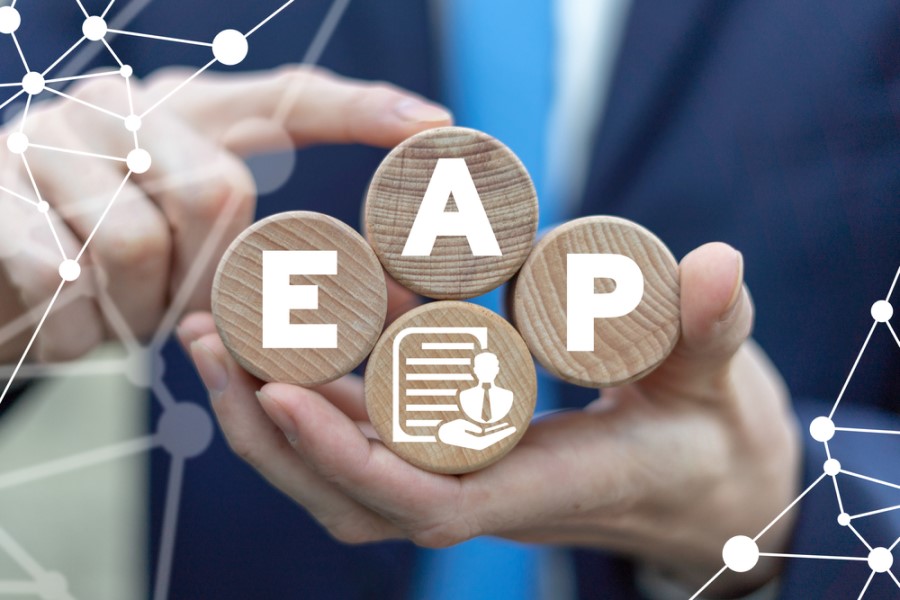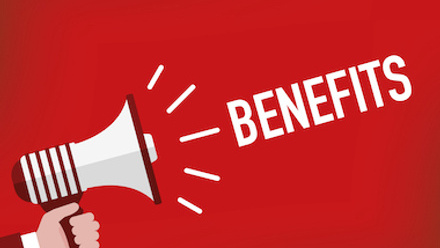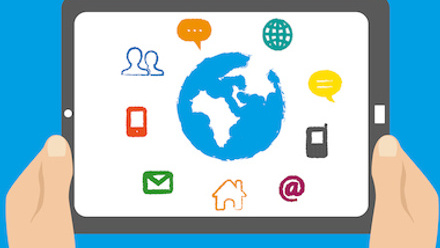Chair of EAPA Eugene Farrell on how EAPs can help at this critical time

But anxiety can become a problem when it is persistent and does not go away. For those who suffer with anxiety, these feelings, that are completely normal when experienced for a short time, can then be accompanied by an increased heart rate, feelings of dread, insomnia, difficulty concentrating, hyperventilation, sweating and a dry mouth. When anxiety gets to this stage, it becomes difficult to control. Those in this state will worry about many things that may never happen. It creates the feelings and reactions of anxiety and can then interfere with our normal life and how we function.
The value of the workplace EAP
Coronavirus has undoubtedly brought about a time of great change. The news is changing daily, generally, at the present time of writing, for the worse. It’s at times like these that Employee Assistance Programmes in the workplace are even more pivotal to employees than ever before. Access to 24/7 free counselling, offering all sorts of help from dealing with stress and anxiety to helping with financial worries – particularly important in the current economic climate – is a very, very helpful service for thousands of employees. At this current time when many staff will be working from home, it’s of even greater importance that employers put out regular reminders of the presence of EAP services should their staff need them. A surge in usage is highly likely, and would represent a healthy sign that people feel able to ask for help.
Ways employees can help themselves
There are also things that we can all do to help feelings of stress and unease. It really is of paramount importance to look after our whole wellbeing as best we can. Our mental and physical selves are inextricably linked and we need to focus on keeping ourselves healthy inside and out. That means eating well and regularly, keeping off sugary snacks that will only give us a short-term mood boost, and ensuring we get plenty of exercise.
The current switch to many of us home working means that we may lose social contact and feel greater isolation. It is at times like these when we may dwell upon our problems, magnifying them beyond what they really are. This isolation can be hard to bear for some people who thrive on interaction and stimulation. Being left alone to get on with things is often bearable in the short term, but this current situation seems to have no end in sight and feels different to many other things that have happened in this country in the past. This is likely to be challenging to our resilience and maintaining our motivation. Again, employers can help with this by making sure that EAP services are actively and widely promoted. A sympathetic voice on the phone really has the power to boost morale and give people better coping mechanisms from home.
Home working presents other challenges such a lack of movement and activity. We need to ensure that we get up and move regularly, and plan exercise into our day. Try to get outside for a short time, maybe in the garden or on the patio or balcony. Fresh air and light does our mood and our body so much good, even if it’s raining! Check out social media for exercise videos online. Even getting up and walking around the house will help. It may seem trivial, but it’s very, very important.
It’s also key that we remain in contact with others. Rather than looking upon this as something distracting and frivolous, we should treat this as an essential part of our ongoing resilience, for ourselves and our loved ones too. Reach out and pick up the phone. Even if it’s a short call, it will make a huge difference to you both and maintain that human interaction. If you have a video call facility use that too, seeing someone adds that bit more to the interaction.
Embrace uncertainty
Things do not remain constant. Change is changing. Periodically, take time to re-evaluate where things are, where you are and how you feel. Uncertainty is something we have to embrace and feel comfortable about.
It’s worth adding, to finish, that big national events such as this – while a huge health concern – do create a real sense of belonging too. A sense of community and of shared experience tends to ensue. And ultimately that does everybody a whole lot of good.
The author is UK EAPA chair Eugene Farrell.
This article is provided by the UK EAPA.






